This week I'm examining how cultural power is shifting through three distinct moments that reveal who gets to define "authentic" in 2025:
Timothée Chalamet chooses NBA courtside over Met Gala red carpet, becoming more relatable than ever
Chelsea FC creates a joyful football campaign by celebrating London's cultural fabric
Jaguar allegedly review its creative agency after a rebrand that prioritised disruption over heritage
What links them?
The battle between performative culture and genuine connection.
Court Over Couture:
How Chalamet Disrupted Celebrity Priorities
Whilst Kylie Jenner walked the Met Gala solo on 5th May, Timothée Chalamet was home in a hoodie, posting French-language NBA analysis to his Instagram Stories. That choice; skipping fashion's biggest night for Knicks playoff coverage—has somehow made him the most talked-about celebrity of the past month.
The calculation feels brilliantly anti-calculated. Instead of the predictable Met Gala thirst trap, we got authentic sports fandom. Chalamet's courtside presence at Madison Square Garden, his animated reactions during the Knicks' dramatic playoff run, his genuine enthusiasm captured on broadcast—it's celebrity relatability that doesn't feel manufactured.
This isn't just about choosing sports over fashion. It's about recognising that authentic passion resonates more powerfully than obligatory appearances. In an era where every celebrity moment feels curated for maximum viral potential, Chalamet's unfiltered basketball obsession stands out precisely because it wasn't designed to stand out. The irony is perfect: by not trying to be culturally relevant, he became culturally essential.
His Bob Dylan film topping streaming charts whilst he's cheering courtside creates this fascinating duality—serious actor and regular sports fan, high art and popular culture existing without conflict.
Sources: MSN, ABC News, USA Today, May 2025
London Calling:
When Football Marketing Is “Unapologetically Joyous”
Chelsea's "Our House" kit campaign might be the most culturally literate piece of sports marketing I've seen in years. James Kirkham's team at ICONIC created something that feels both unmistakably London and authentically Chelsea—no small feat in an industry drowning in generic inspiration porn.
The two-minute film featuring Suggs, Central Cee, and Chelsea players isn't trying to sell you football; it's celebrating the cultural ecosystem that football sits within. The kit design draws from London's architectural landmarks, while the soundtrack choice of Madness's "Our House" creates immediate emotional connection. Every frame references Chelsea history, matchday rituals, west London life—Easter eggs that reward genuine fans rather than casual observers.
What strikes me most is Kirkham's deliberate choice to make something "unapologetically joyous." In a cultural moment obsessed with gritty authenticity, Chelsea went full celebration mode. The campaign treats football not as escapism from London life but as integral to it, the club as cultural institution rather than just sports franchise.
The strategy works because it refuses to separate football from music, fashion, and community. Central Cee isn't there for celebrity endorsement; he's there because grime and football are both expressions of London energy.
This is how you honour heritage whilst staying contemporary: by understanding that tradition evolves through lived experience, not museum preservation.
Sources: The Drum, Chelsea FC, LBB, May 2025
Lost in Translation:
The Cost of Creative Courage
Jaguar's alleged decision to review its creative agency partnership tells a more complex story than simple failure. The 2024 rebrand, minimalist logo, "Copy Nothing" messaging, fashion-forward imagery without actual cars, represented genuine creative courage in an industry obsessed with playing it safe.
The tragedy isn't that Jaguar tried to be different; it's that creative bravery is so rarely rewarded in corporate culture. The campaign's commercial struggles have been weaponised as proof that bold thinking doesn't work, when actually it might demonstrate how difficult it is for heritage brands to evolve without alienating existing constituencies.
I find myself sympathetic to the creative team behind this rebrand. They were tasked with repositioning a struggling luxury brand for the electric future, no small challenge. The execution may have missed the mark, but the ambition to create something genuinely distinctive feels increasingly rare in our risk-averse marketing landscape.
The real question isn't whether the rebrand succeeded, but whether the agency review represents course correction or creative retreat. Will Jaguar's next iteration find the balance between innovation and heritage, or will it swing back to safe, predictable luxury car advertising? The broader industry is watching closely, because how Jaguar handles this moment will signal whether brands can still afford to take creative risks.
Sometimes the most interesting failures teach us more than comfortable successes. Jaguar's rebrand may have stumbled, but at least it tried to imagine a different future.
Sources: Daily Mail, Forbes, Campaign, May 2025
The Thread That Connects It All
These three stories illuminate a crucial tension in contemporary culture: the difference between authentic expression and performed authenticity. Chalamet's basketball fandom works because it's genuinely his passion, not a calculated move towards relatability.
Chelsea's campaign succeeds because it emerges from deep understanding of the club's actual cultural position. Jaguar's rebrand struggled not because it lacked vision, but because creative courage is so rarely given space to breathe in commercial culture.
The lesson isn't that brands should avoid bold moves or that celebrities should always choose the expected path. It's that authentic cultural connection requires understanding what already exists before deciding what should change. But perhaps more importantly, it's about creating environments where creative risks can be taken without being immediately punished by quarterly results.
In a world saturated with content designed to go viral, the most powerful cultural moments often come from people and brands brave enough to be genuinely themselves, even when that means choosing courtside seats over red carpets, or taking creative leaps that might not land perfectly.
#CulturalAuthority #AuthenticityStrategy #BrandIdentity #CelebrityRelatability #NoGatekeeping



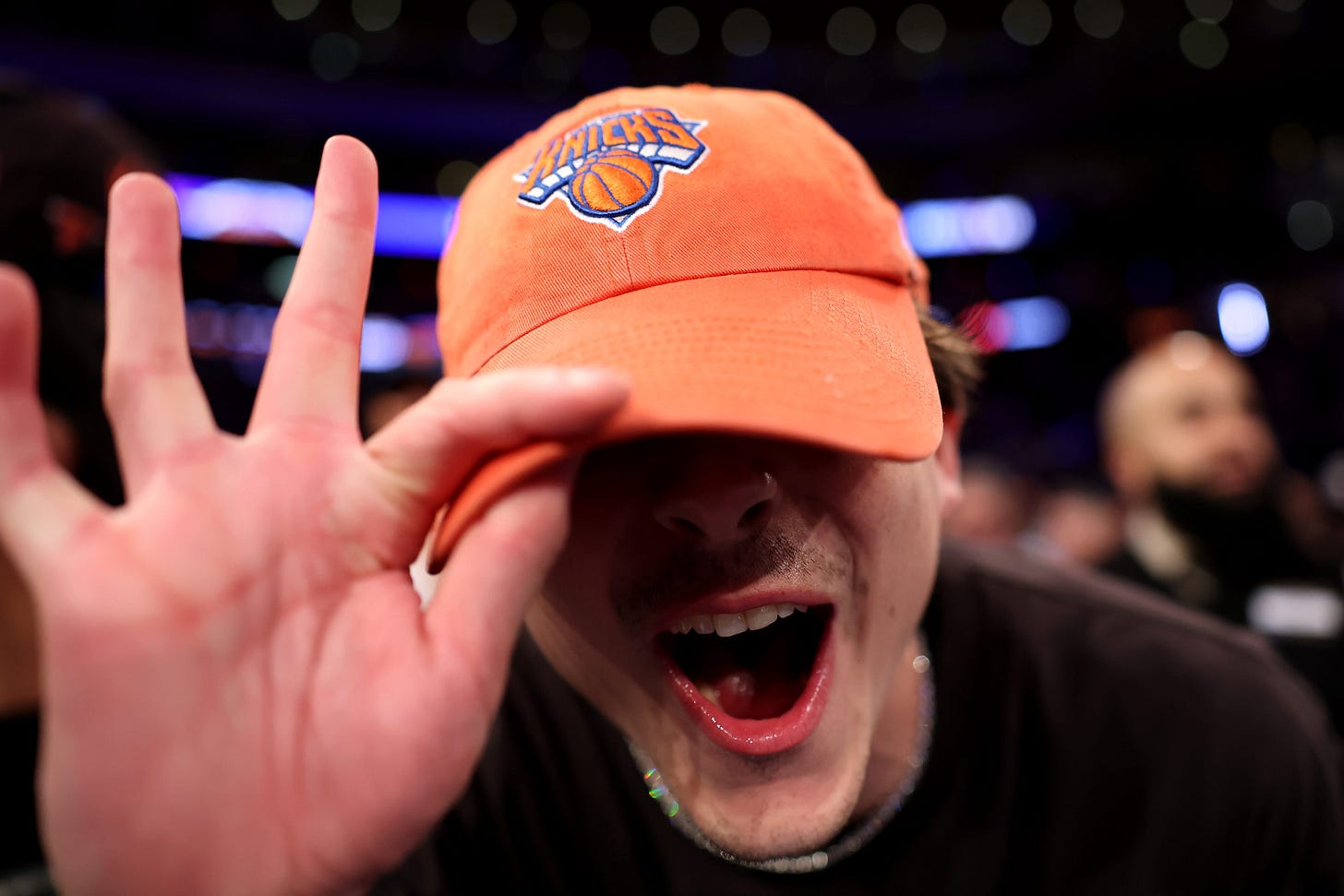
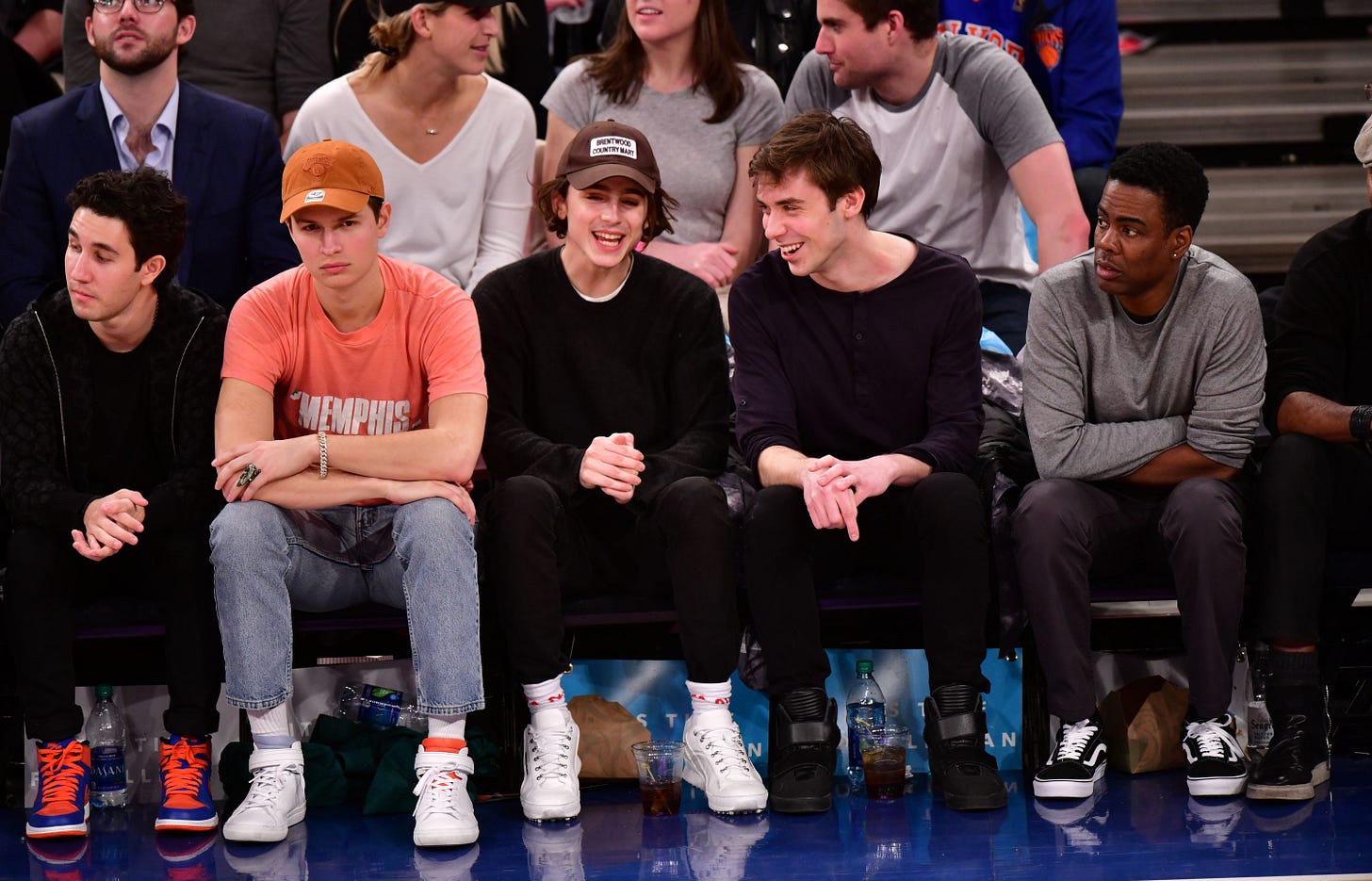
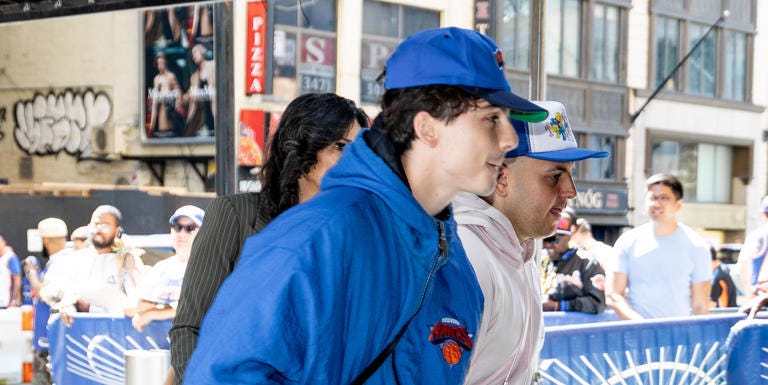
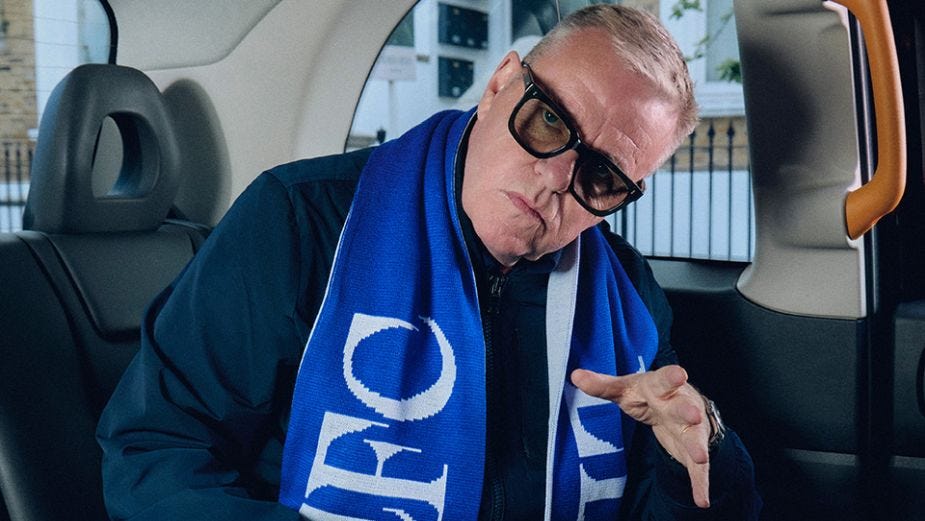

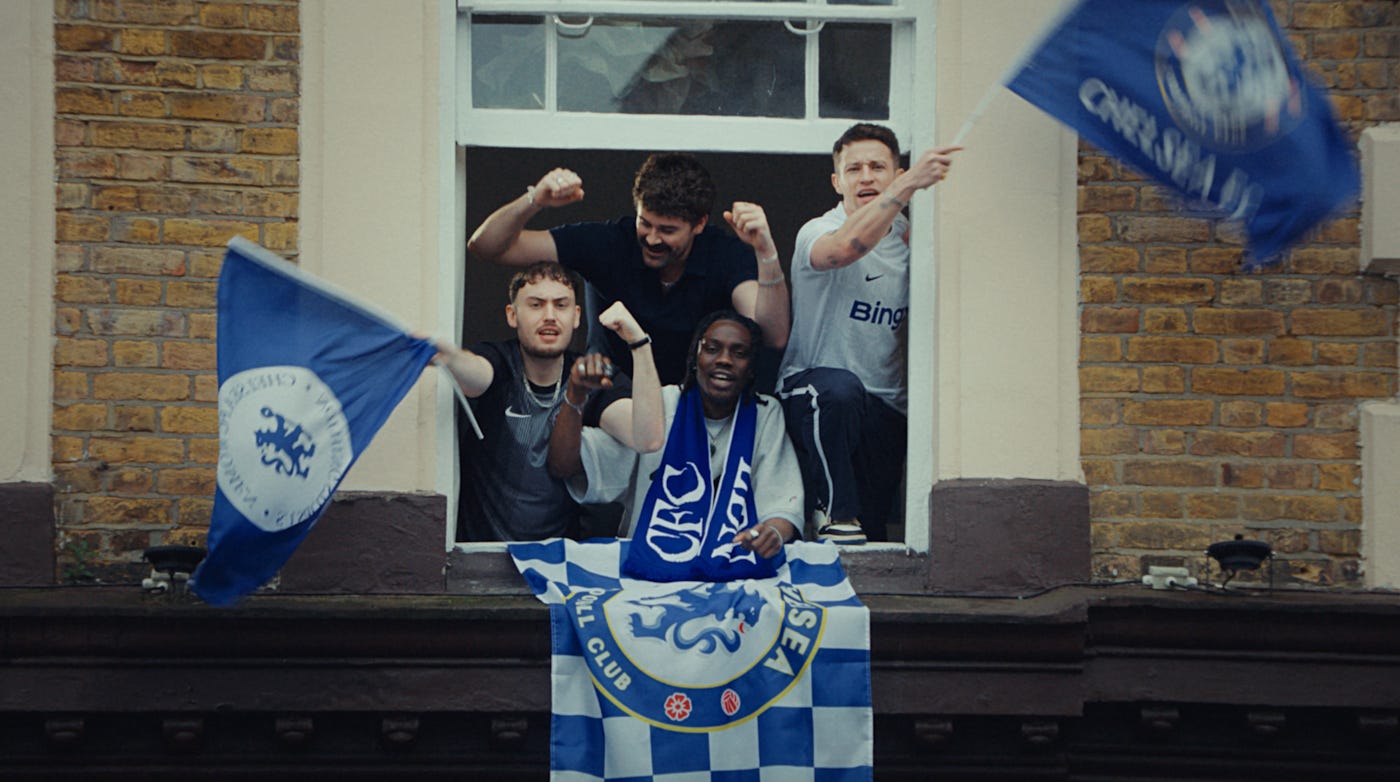
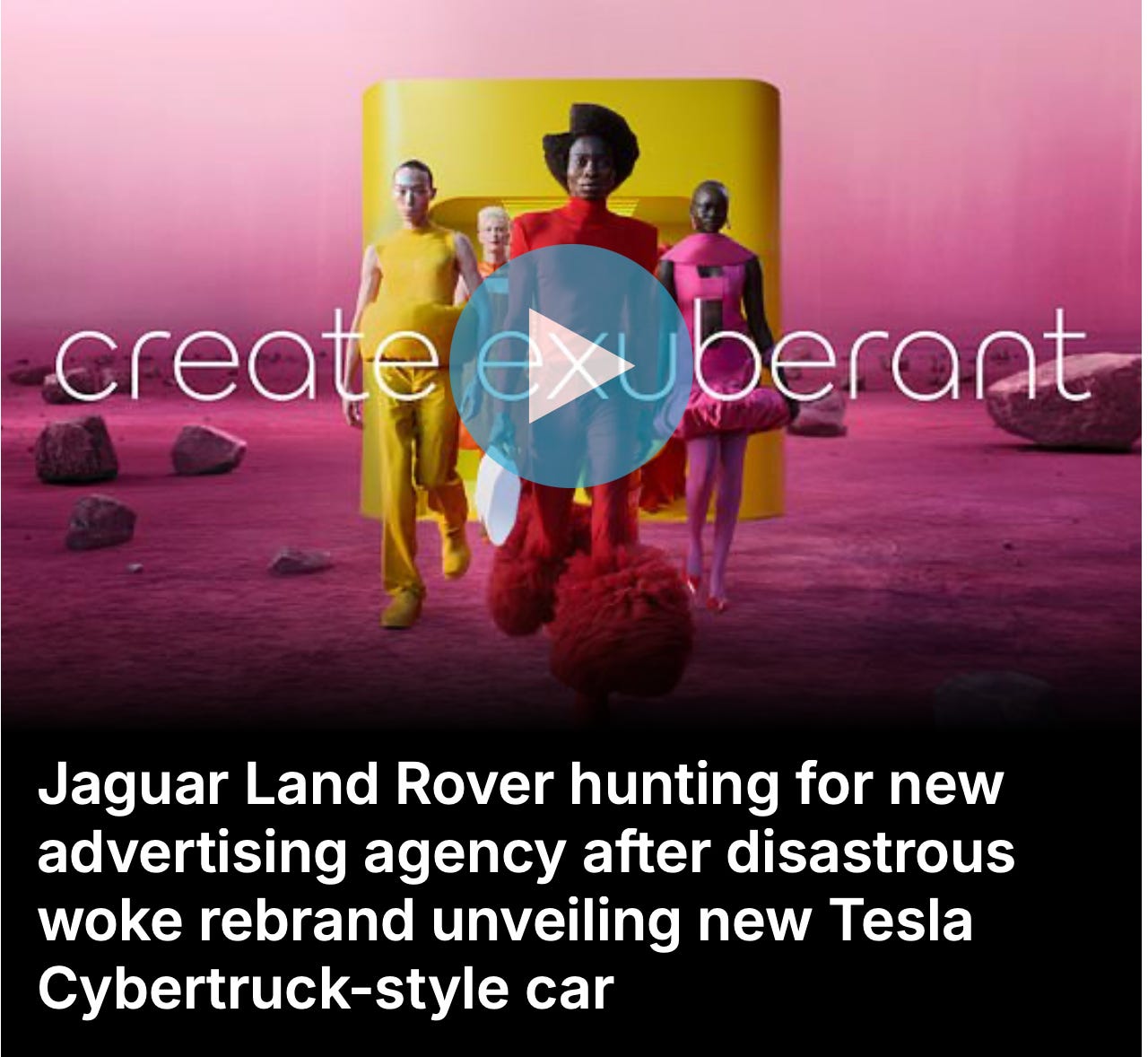
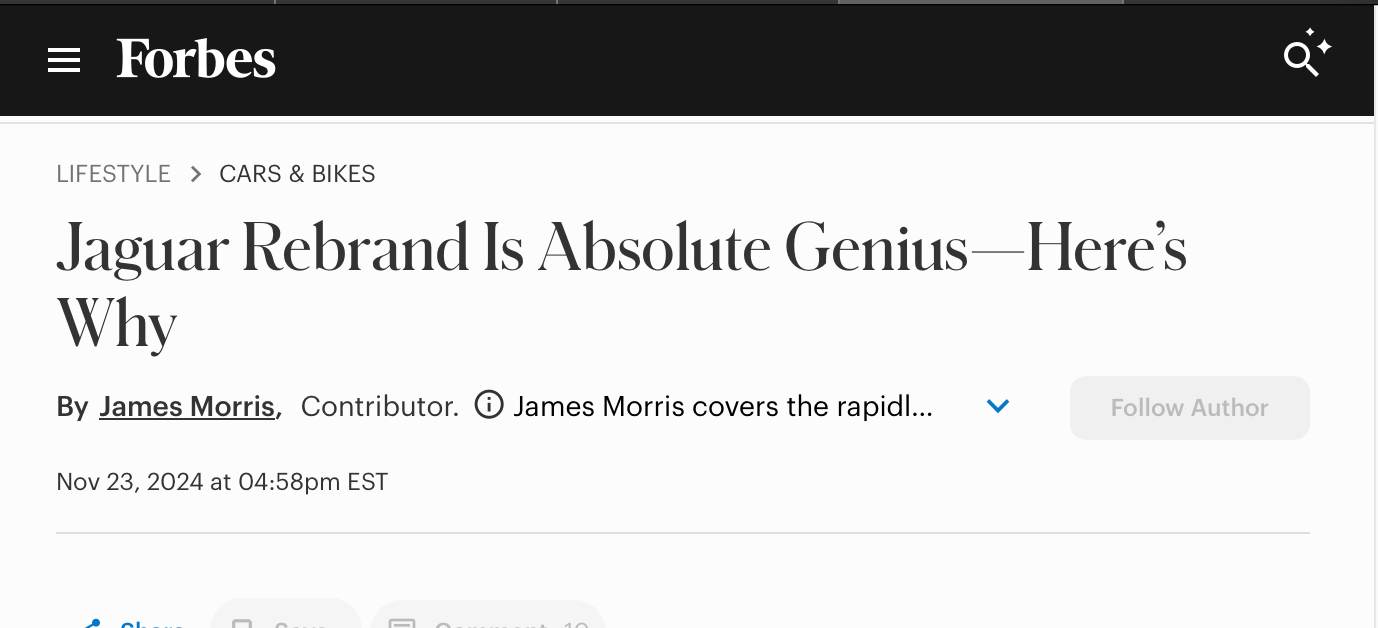
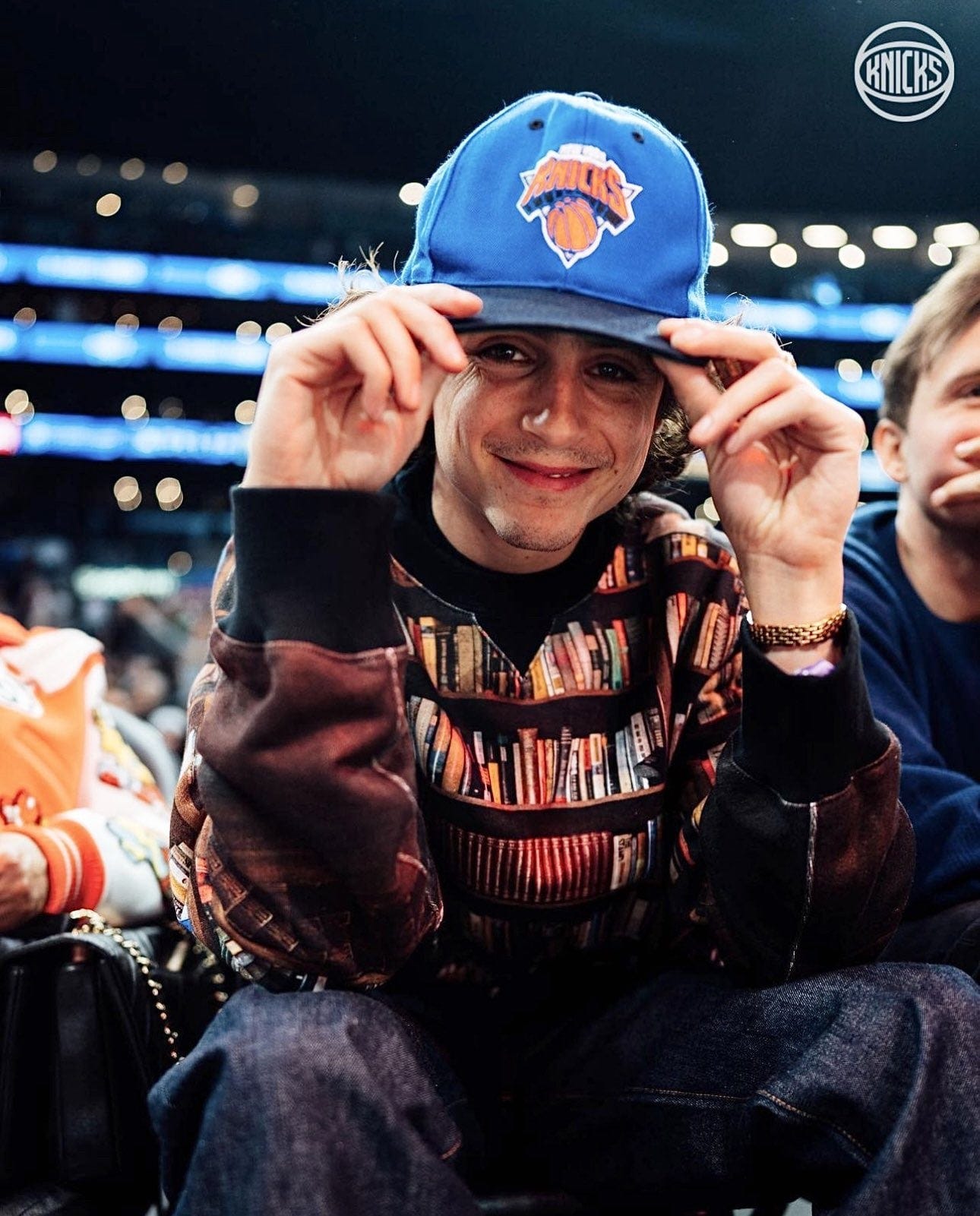
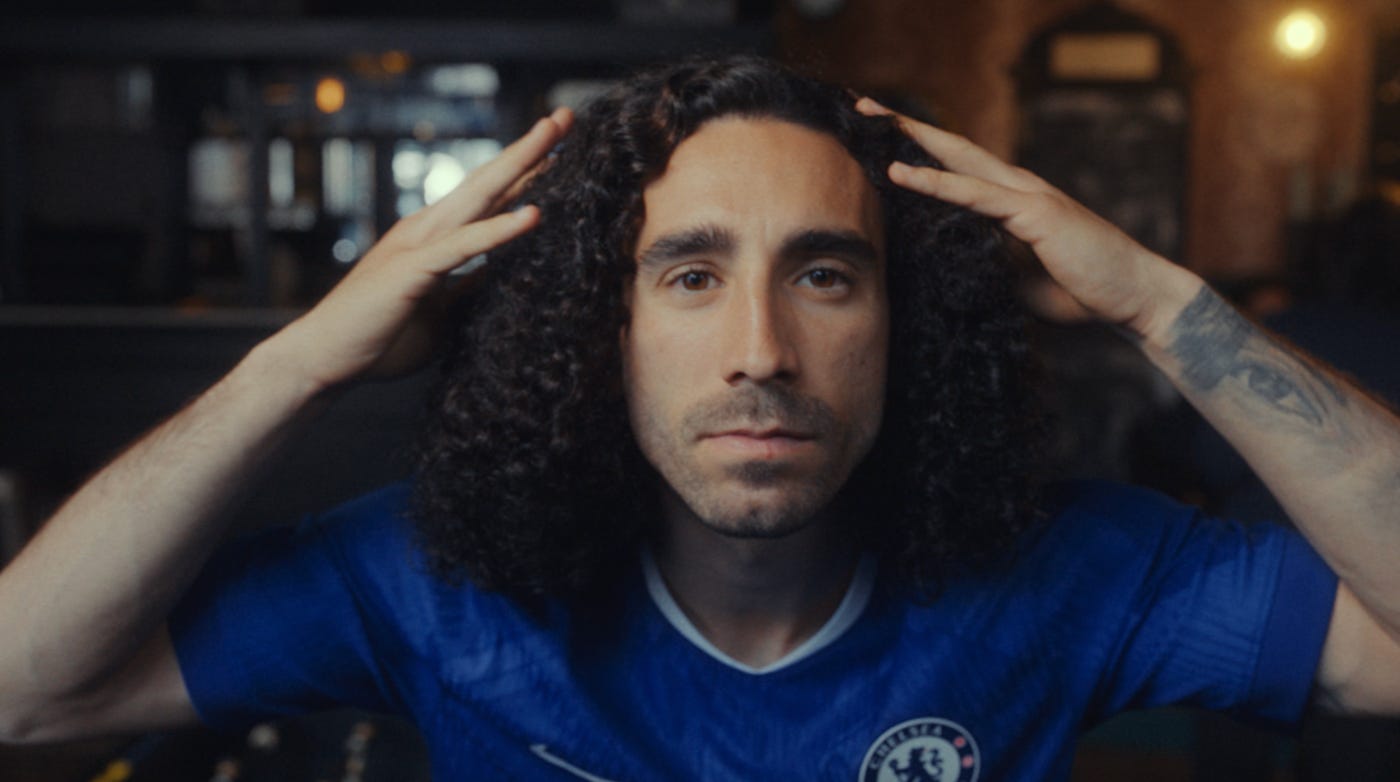
Great read, as always!